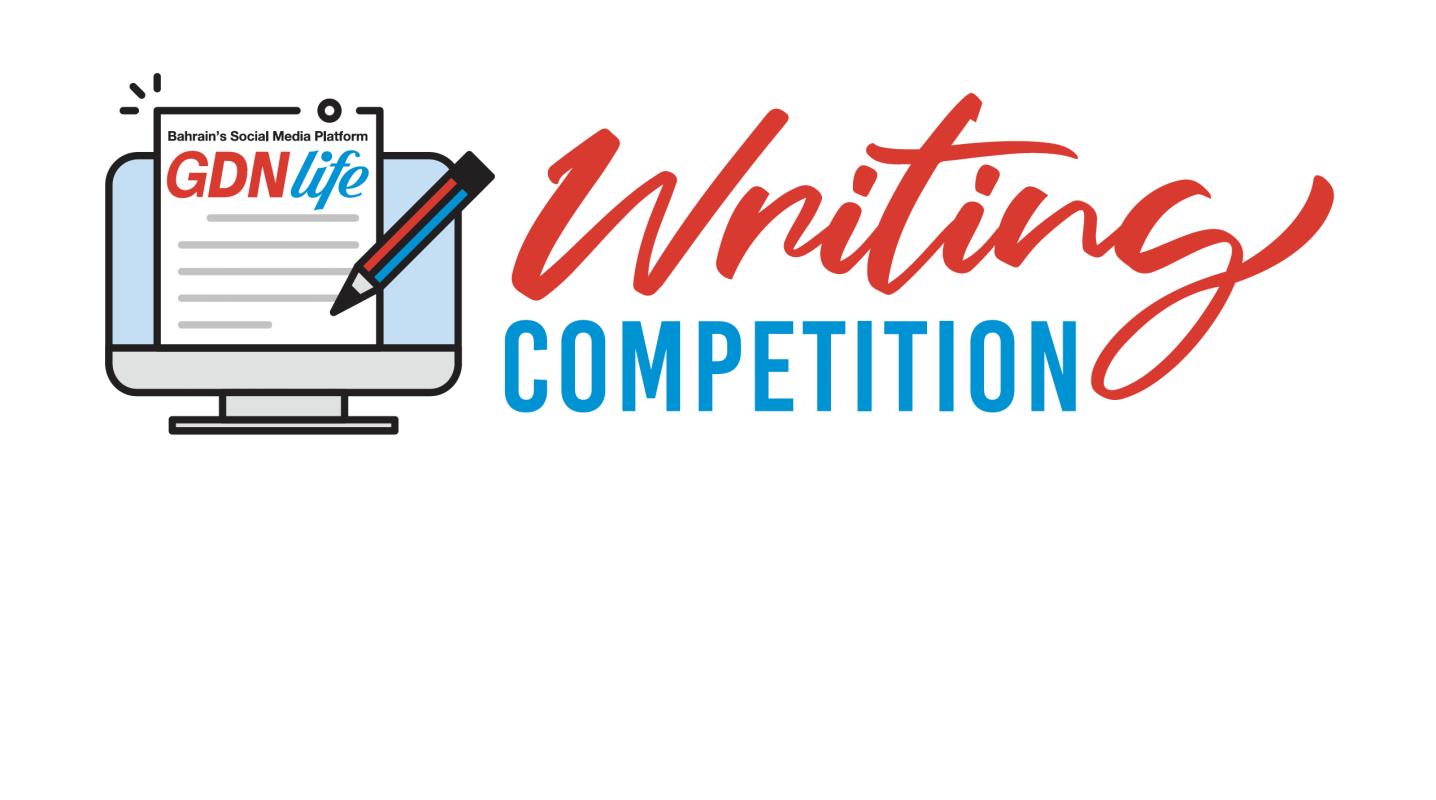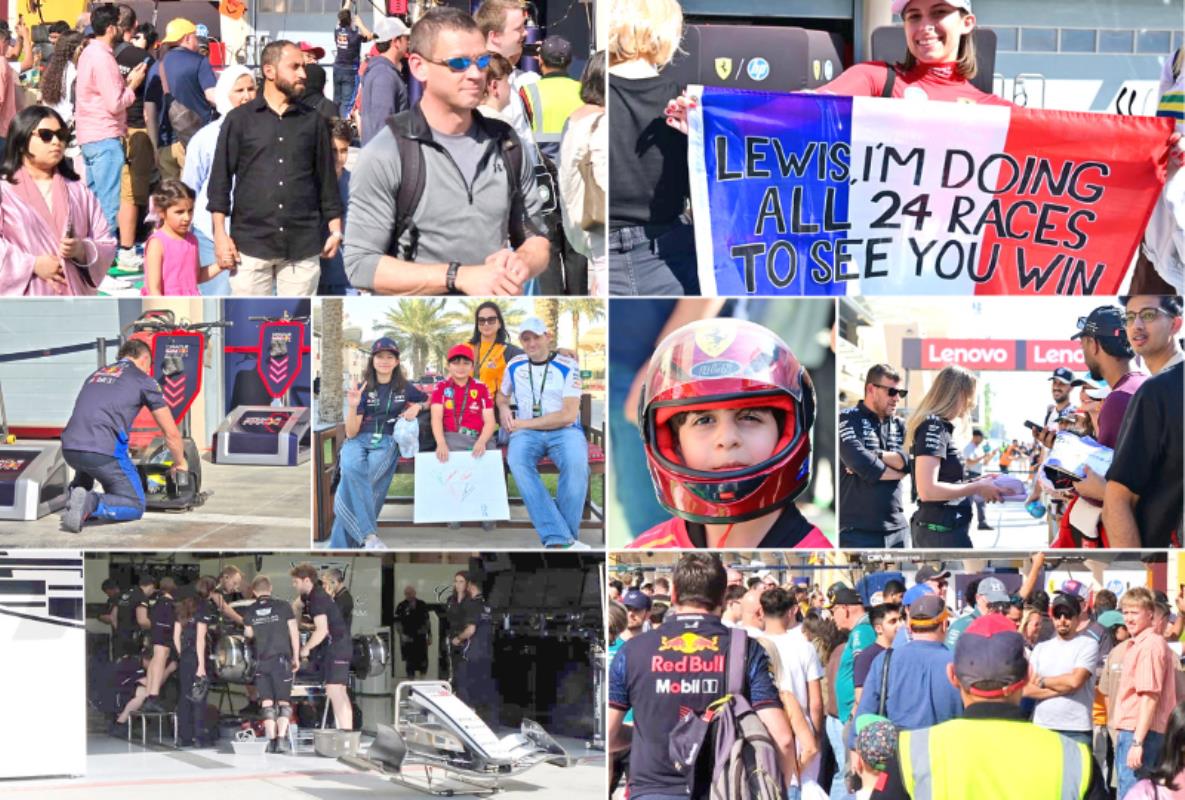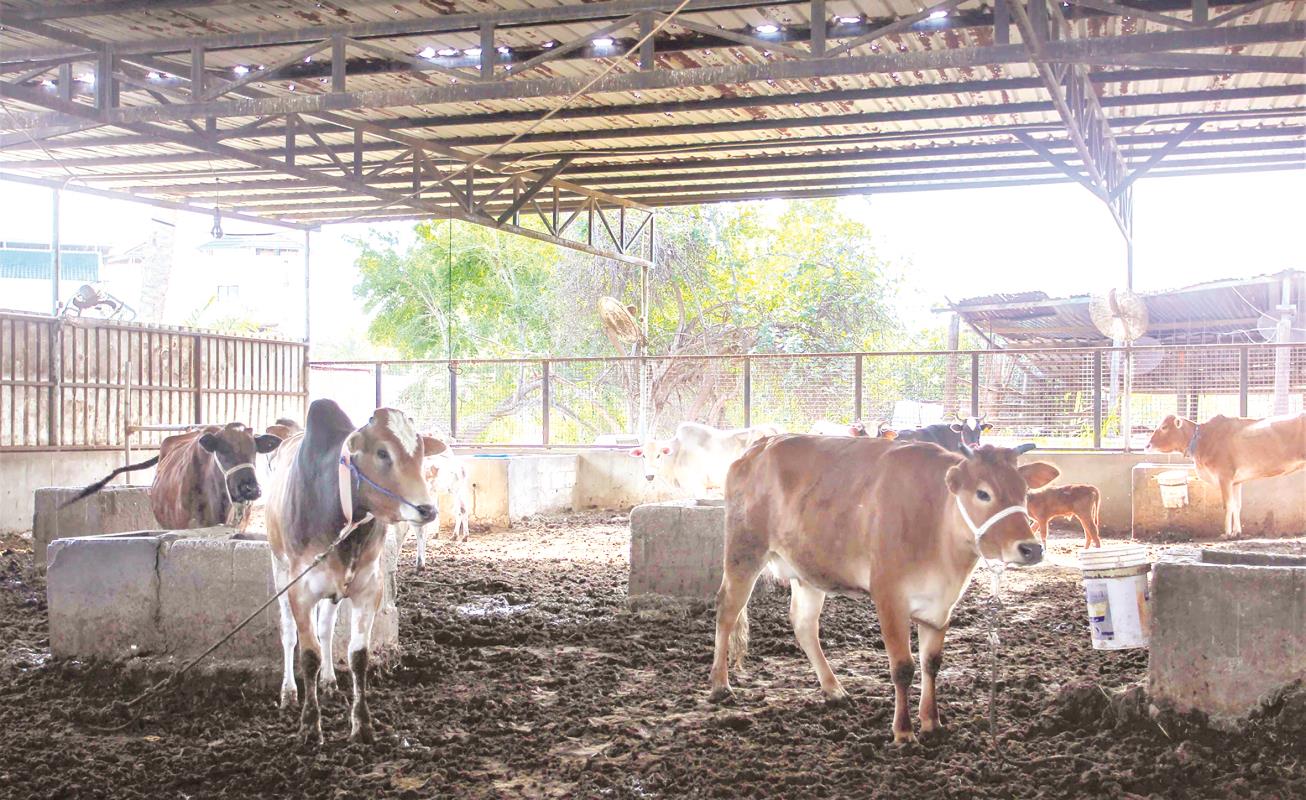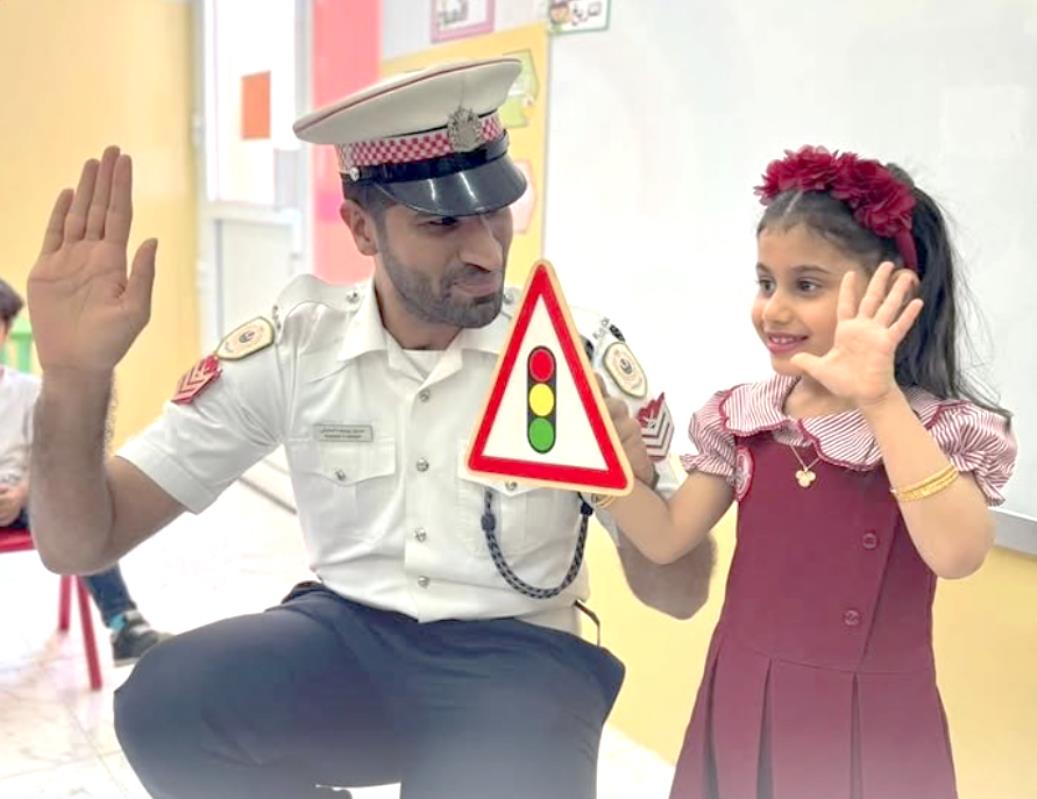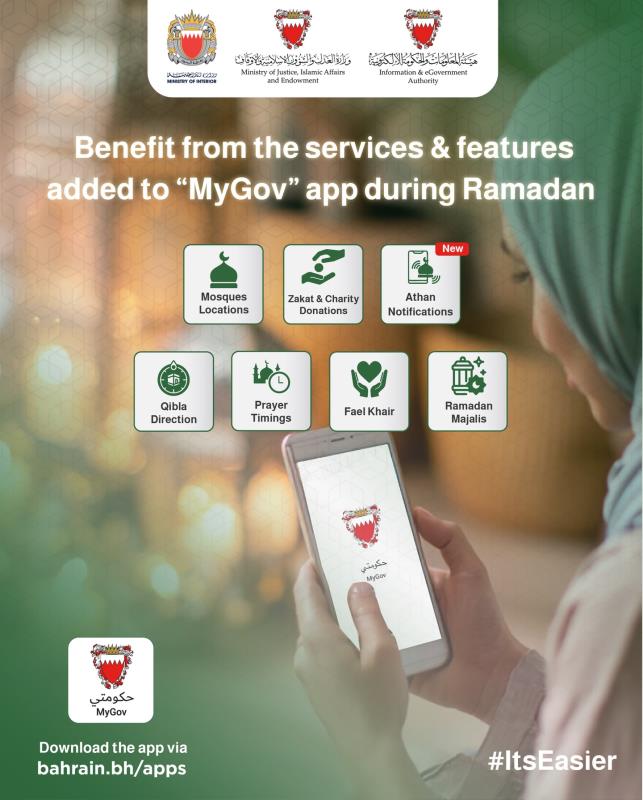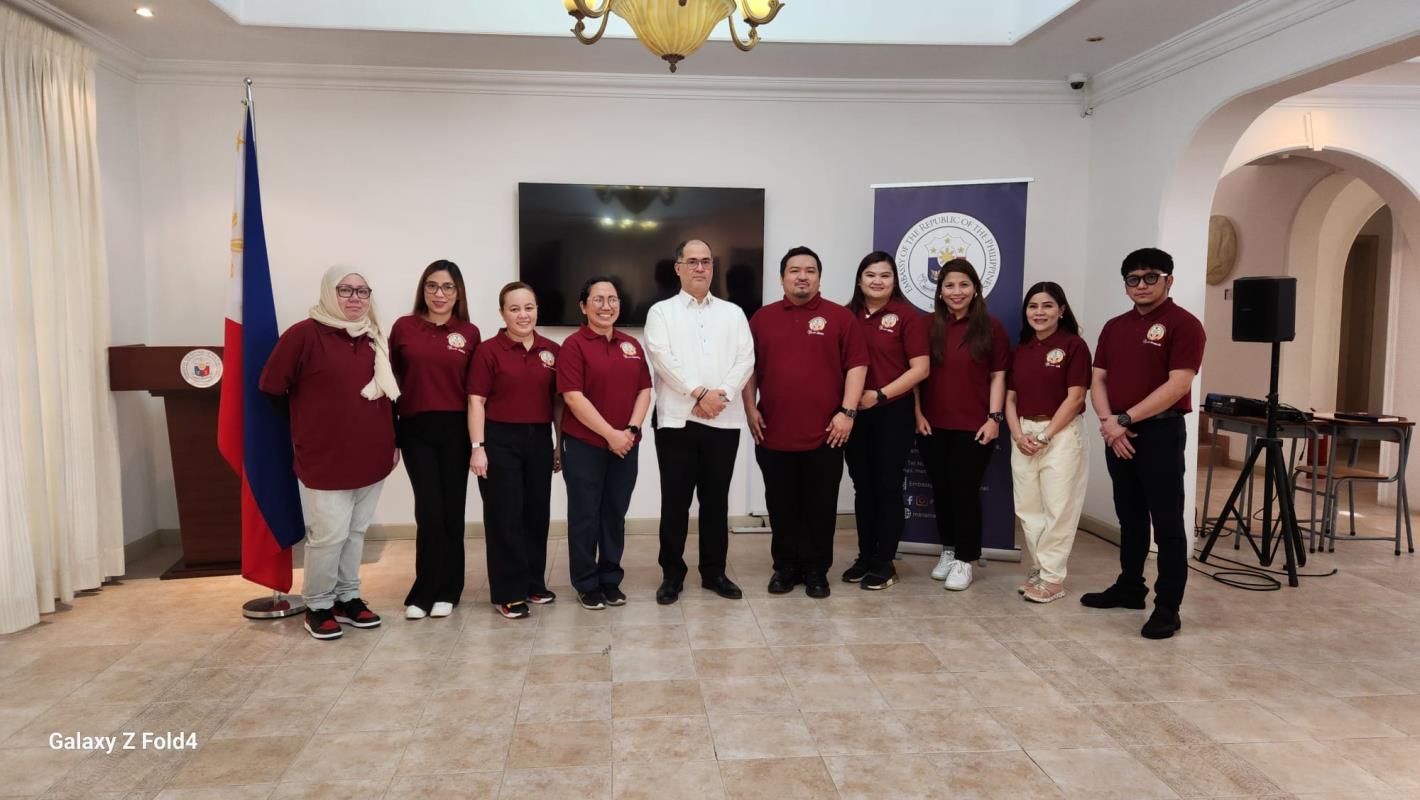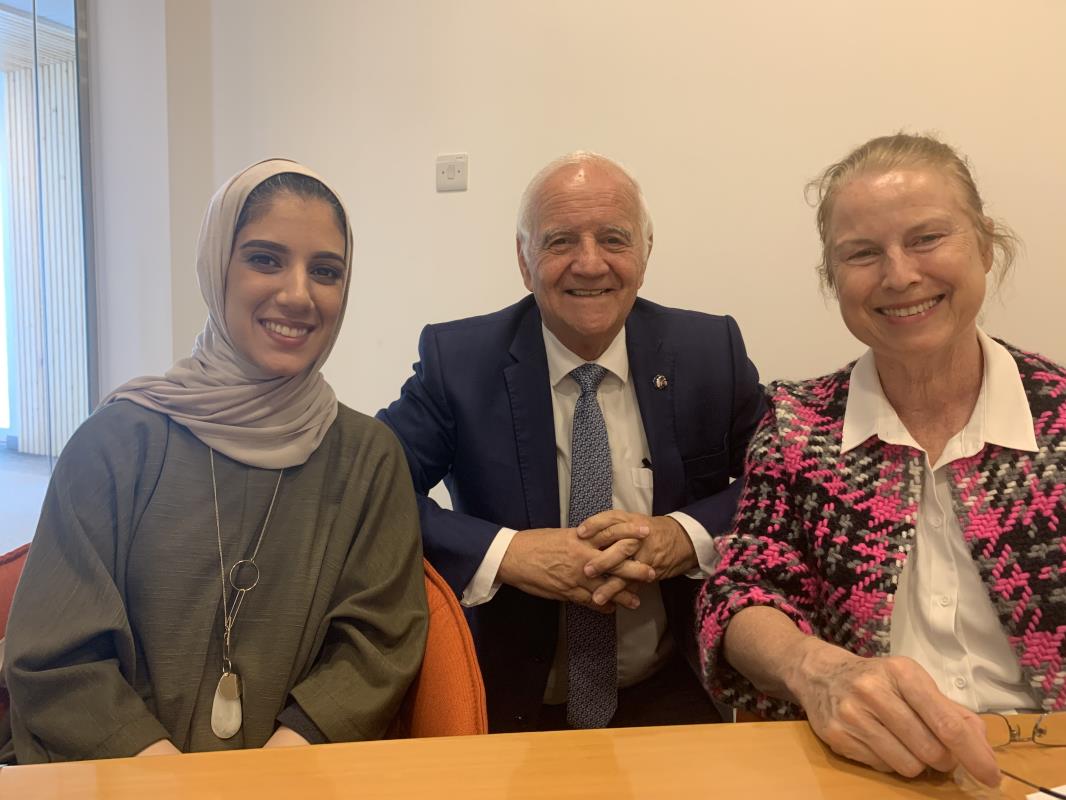
EDUCATIONALISTS in Bahrain have voiced concerns over the increased use of artificial intelligence (AI) writing applications, making them rethink classes and even question teaching methods.
The latest chatbots on the market can deliver information, explain concepts and generate human-like text responses and ideas in simple sentences. It can create content for social media, write songs and, as educators have feared most, write essays.
“It could create a false sense of security and knowledge in the English language learner (ELL) – students who are unable to communicate fluently or learn effectively in English – leading to a decrease in critical and independent thinking skills,” said Bahrain Teachers College and University of Bahrain’s assistant professor and English language teacher Dr Hala Fawzi.
“No one can deny that it will change how we learn and teach.”
The advanced chatbot ChatGBT developed by OpenAI, based on the GPT-3.5 (Generative Pretrained Transformer 3.5) model which is one of the largest and most advanced language models available, is currently under scrutiny.
A shift in teaching has already begun across campuses globally with one Bahrain head teacher suggesting that the education sector was stepping into ‘Wild West territory’.
In the US, for example, Northern Michigan University philosophy professor Antony Aumann discovered one of his students used ChatGPT to write ‘the best paper in his class’, as reported in the New York Times.
This resulted in him changing his course curriculum to write first drafts in classroom using restricted computer activity among other changes in future semesters … and other professors, department chairs and administrators have followed suit.
Some aim to include more oral exams, group work and handwritten assessments instead of typed ones. Other educators are concerned about the computer language processing bot leading to cheating during remote exams as well.
Another downside, according to Dr Fawzi, is the risk that the technology, rather than help, will impede ELLs from developing their writing skills.
“The rapid pace of the advancement of ChatGPT, a buzzy artificial intelligence-based tool, has provoked mixed feelings,” said Dr Fawzi, who is also a teacher trainer and computer assisted language learning specialist for more than 25 years. “The emotions were a mixture of astonishment, at what the technology can do, and an aversion to the significant impact on ELLs writing abilities.”
While this tool may simplify matters for students struggling to learn English it also will not help them further develop their skills and, instead, impede literacy development.
“Especially those who use these tools to generate essays quickly and with minimal effort,” she added. “Moreover, they may dramatically reduce the writing, communication and thinking abilities of future generations.”
Dr Fawzi added that some of AI constructed work featured incorrect grammar and a lack of knowledge of stylistic features.
“Students cannot build up on advanced English language structures from ChatGPT as it focuses more on vocabulary than sentence structure,” she explained. “For these reasons, English language teachers must raise learners’ awareness about the potential downsides of ChatGPT when deciding whether to rely on it as a learning platform on their writing journeys.
“As such, English language learners must mentor caution when relying on it to improve their skills and English language teachers must explain to students that using this will result in less opportunity to practice essential academic writing skills.”
She added that it was also necessary for teachers to provide students with resources, guidance and support to enable them to improve their language and writing skills without the use of chatbots.
GDNlife’s short story judge and GDN columnist on education matters, Chris Fenton, agrees ... but all may not be lost and the whole learning experience may develop and improve over time.
“Since programmes such as ChatGPT are largely predictive and probabilistic technologies, there is a danger that they can produce as much misinformation as they do proven information which is, of course, a concern,” said the primary principal at Al Noor International School.
“However, with that said, it seems to me that whilst we are very much still in Wild West territory when it comes to our understanding of how technology can transform education and assessments, advancements such as ChatGPT should be celebrated and investigated rather than castigated and harrumphed at since, whether we like it or not, education has been transformed by technology. Let’s be honest, there has to be a better way than the current system.”
mai@gdnmedia.bh







































